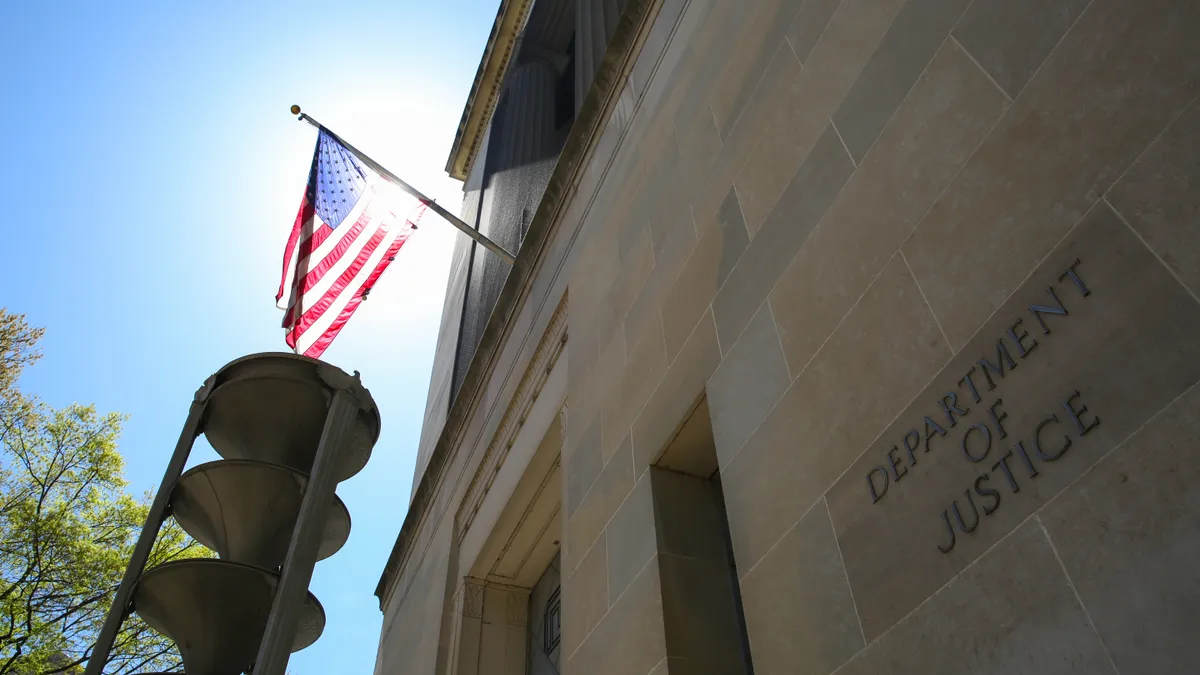Dive Brief:
- Former HeadSpin CEO Manish Lachwani was sentenced Friday to 18 months in prison for deceiving investors with false revenue and customer records that, in 2019, helped catapult the company to “unicorn” status with a valuation exceeding $1 billion.
- Lachwani, charged by the Securities and Exchange Commission in 2021 with defrauding investors, pleaded guilty in April 2023 to two counts of wire fraud and one count of securities fraud, according to the Justice Department.
- “Today’s sentencing should send a message to other entrepreneurs who may be tempted to cross the line into fraud and to ‘fake it until they make it,’” U.S. Attorney Ismail Ramsey said in a statement. “This office is committed to protecting investors — including those whose capital powers the engines of innovation in Silicon Valley — from start-ups that misrepresent their finances and try to cut corners.”
Dive Insight:
Lachwani carried out his deception for years by controlling all crucial aspects of HeadSpin’s sales and financial records and siloing company employees in various departments from each other, the SEC said in its August 2021 complaint.
“For instance, virtually all the information provided to HeadSpin’s bookkeeper, including the supporting documentation for claimed revenue amounts, flowed through Lachwani,” the SEC said.
Lachwani shared with investors false records on annual recurring revenue, ARR growth over time and actual revenue numbers, the agency said. He fabricated or altered invoices to justify to HeadSpin employees the bogus ARR amounts, the SEC said.
“For example, from 2018 through 2020 Lachwani falsely claimed that a major San Francisco-based ride share company” agreed to pay HeadSpin about $1.44 million per year, the agency said.
Yet the company made only a single purchase worth $720,000 in 2018 and no long-term commitment, according to the SEC. “To bridge the gap between reality and his false claims, Lachwani concocted a fake invoice covering the remaining amount (i.e., $720,000) in 2018, and in 2019 he created two more fake invoices to represent a supposed renewal of the full $1.44 million.”
HeadSpin raised more than $100 million from investors between April 2017 and April 2020, the Justice Department said.
Lachwani enriched himself by selling $2.5 million of his HeadSpin shares during a fundraising round in 2019 while exaggerating the company’s performance to an investor, the SEC said.
The investor asked Lachwani why HeadSpin’s financial statements recorded tens of millions of dollars in “unbilled revenue,” indicating that the company had not sent out invoices, the SEC said. In response, Lachwani said HeadSpin “often allowed customers to use the product several months before submitting a bill.”
In 2020, the HeadSpin board was alerted to concerns about the company’s financial and customer records and, in an investigation, unearthed anomalies in the reporting of customer deals, the SEC said.
The board subsequently determined that HeadSpin’s ARR at the end of 2019 was roughly $10 million, not the $80 million reported to investors, according to the agency. The company forced Lachwani to resign in May 2020 and revised its valuation to $300 million from $1.1 billion.
Lachwani on Friday was ordered to pay a $1 million fine and serve three years of supervised release after the expiration of his prison term, the Justice Department said.













